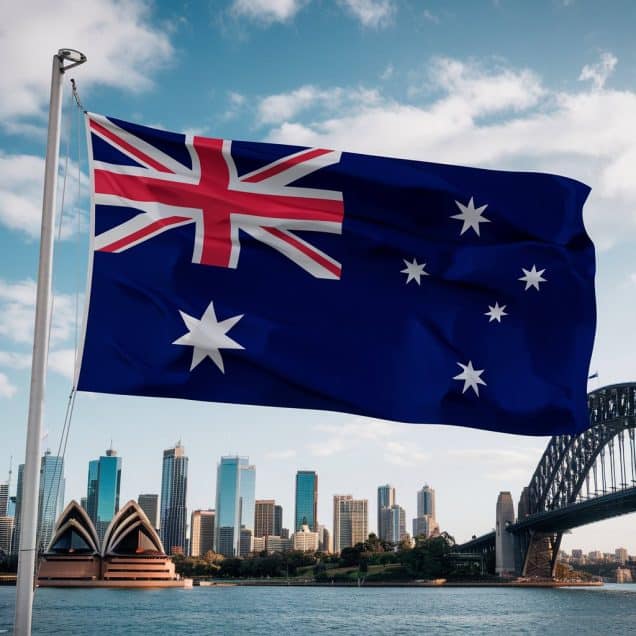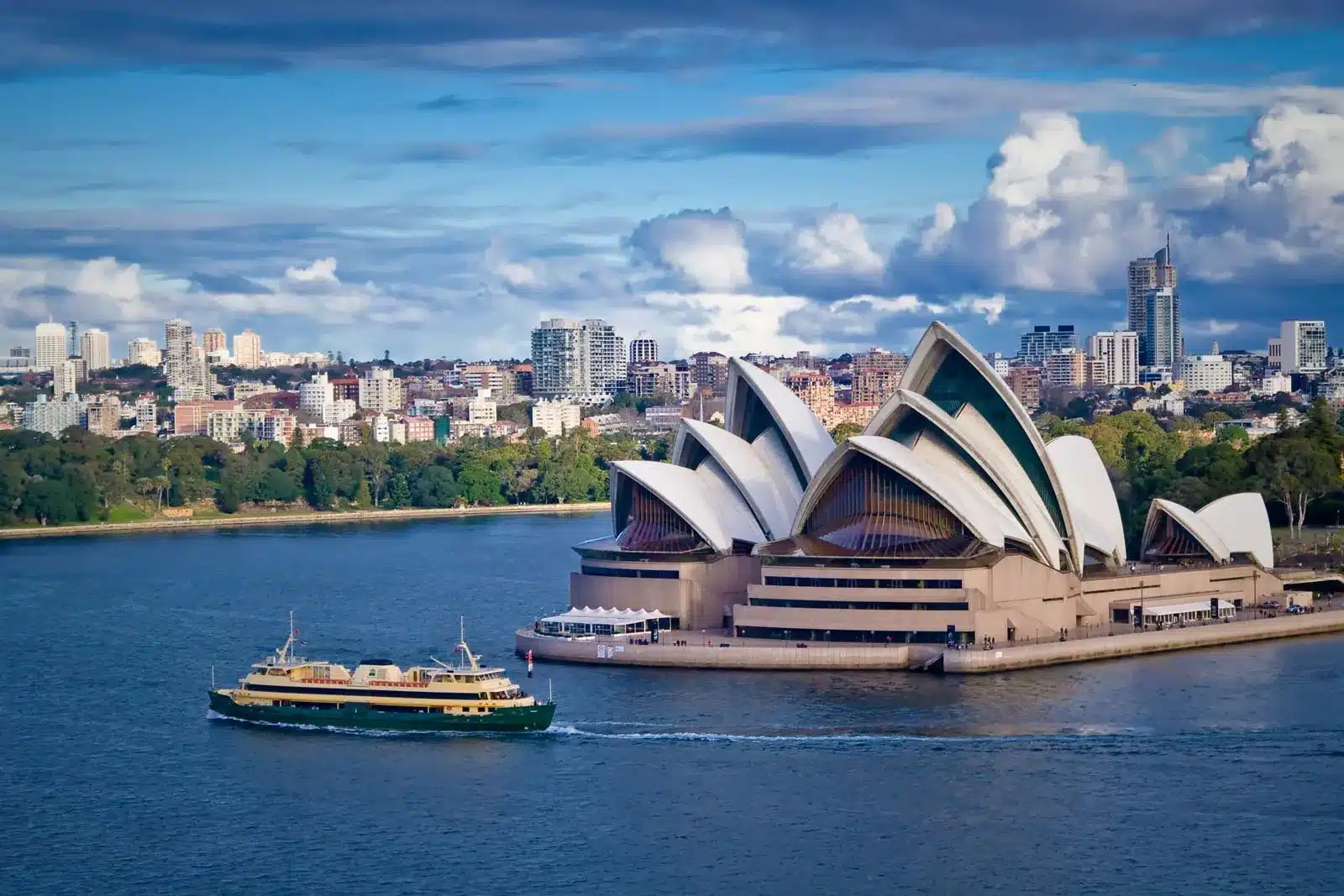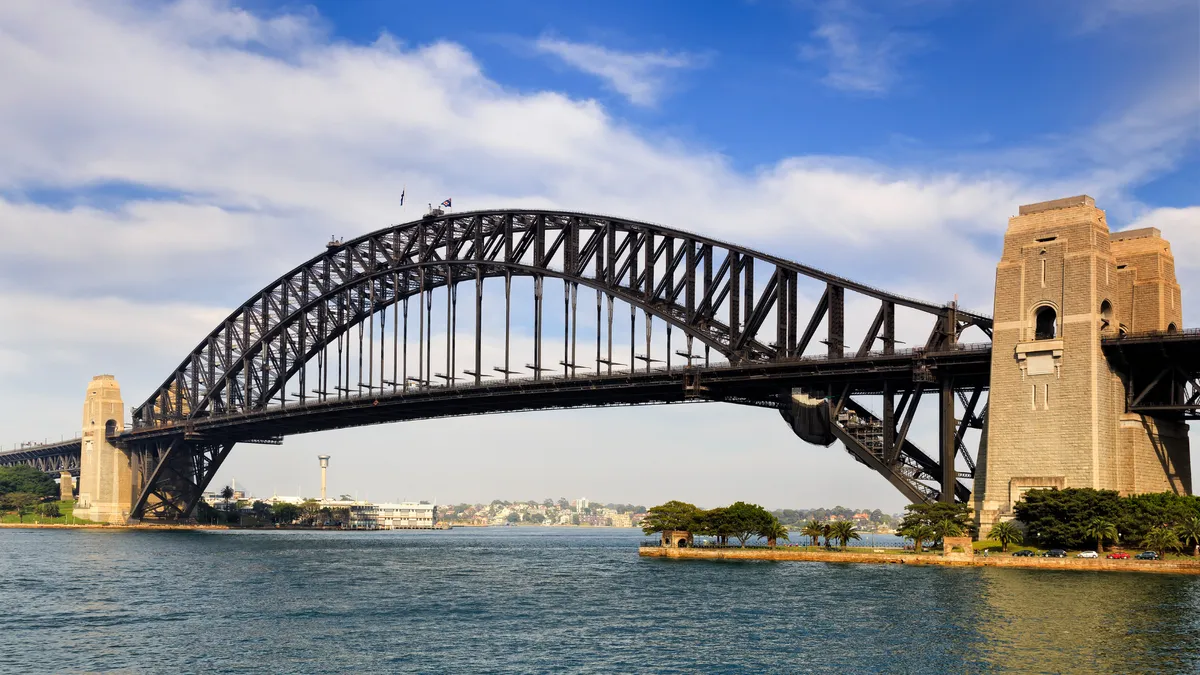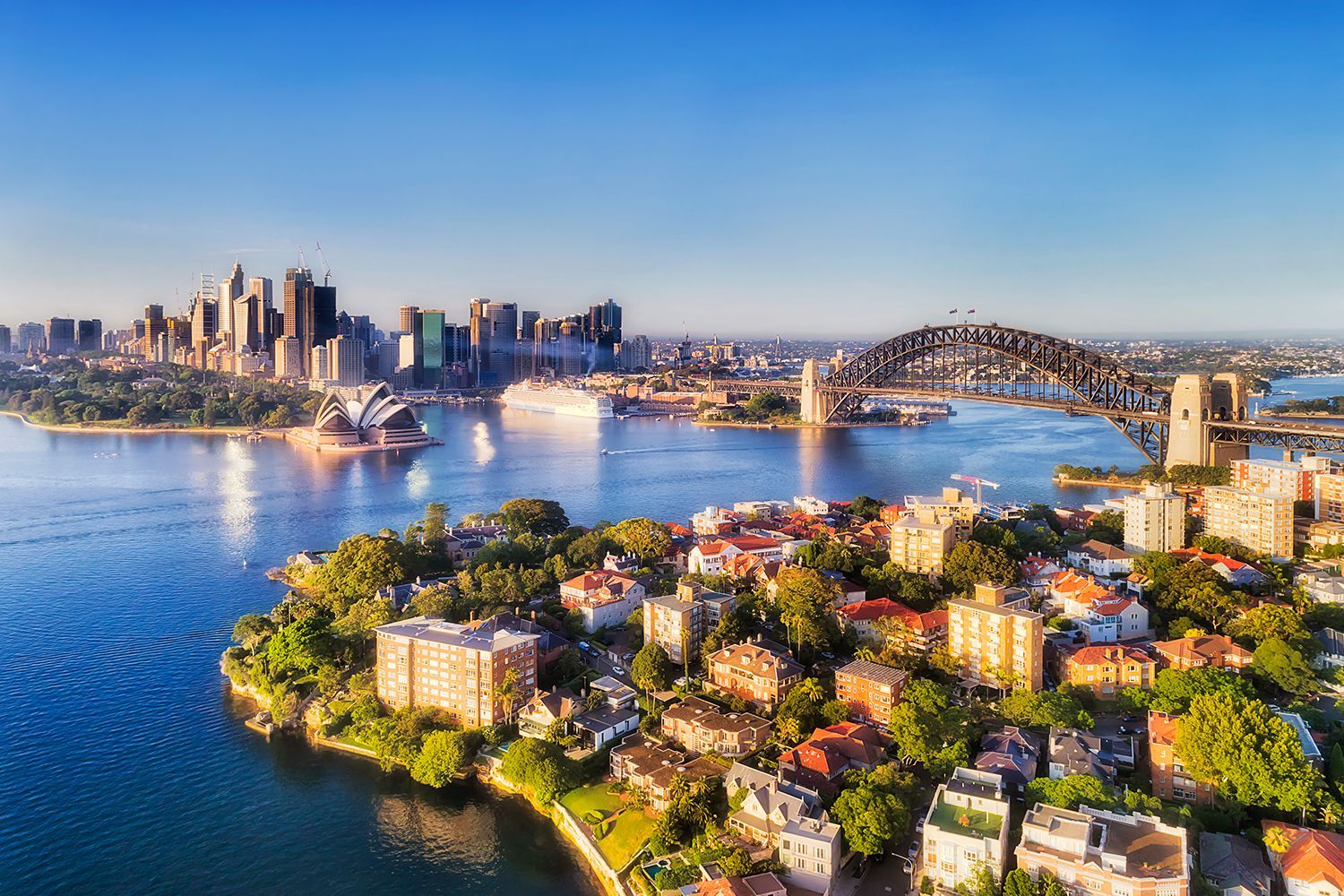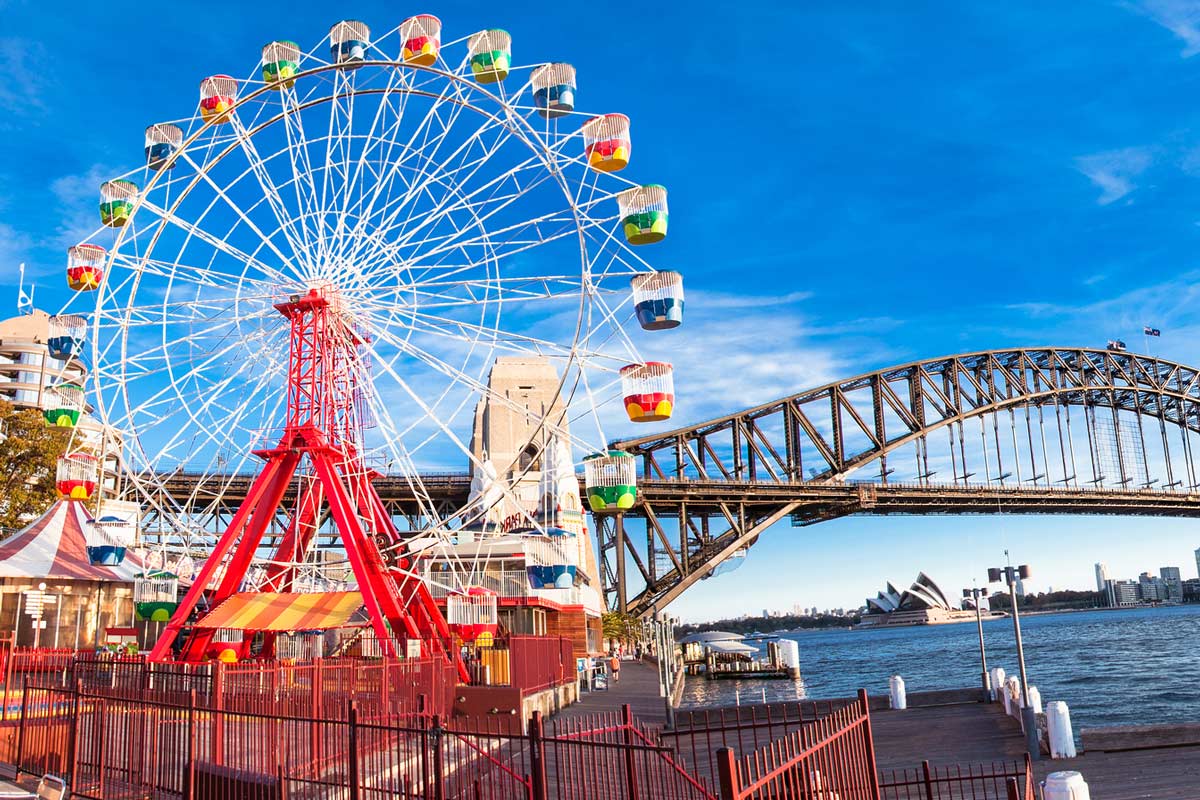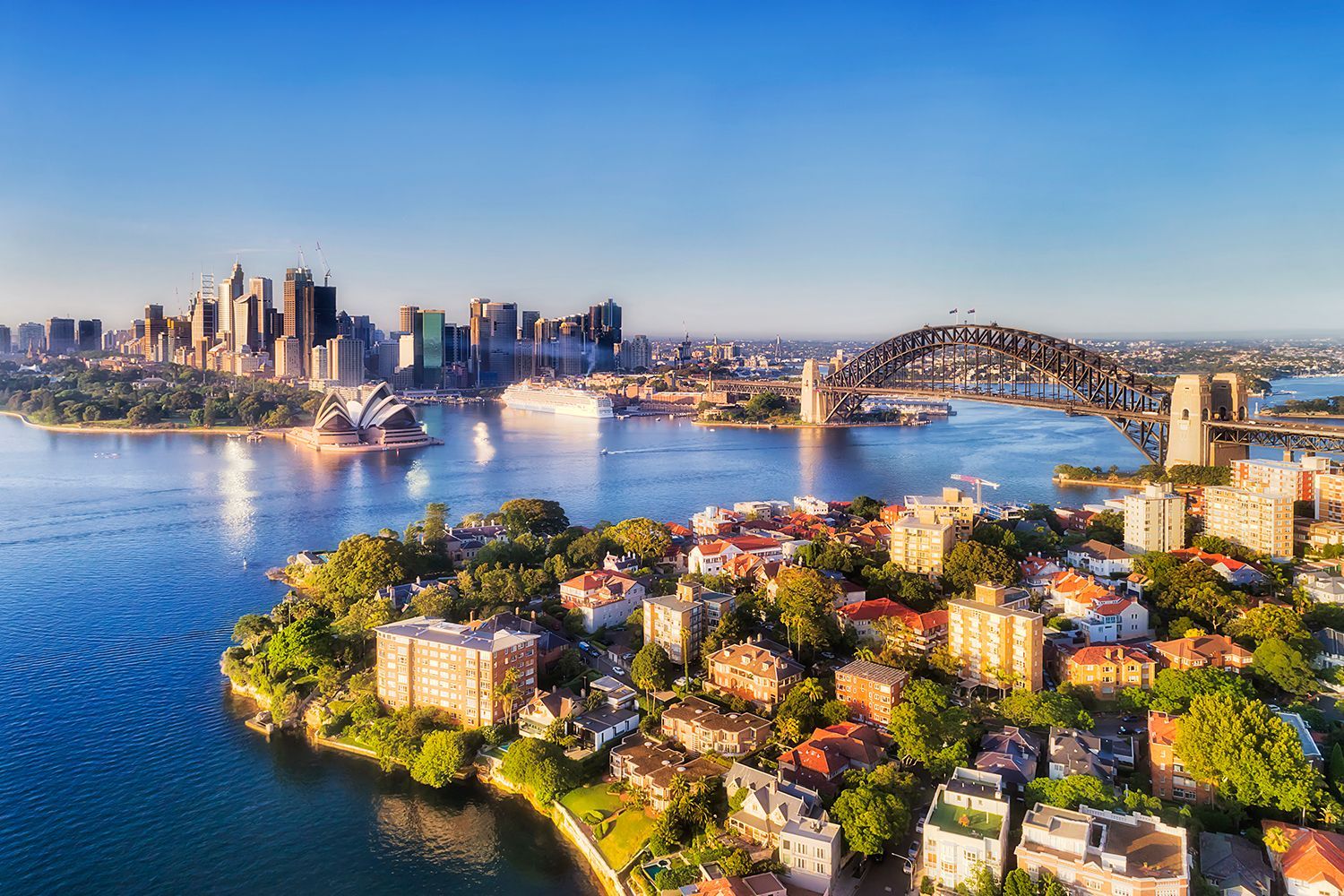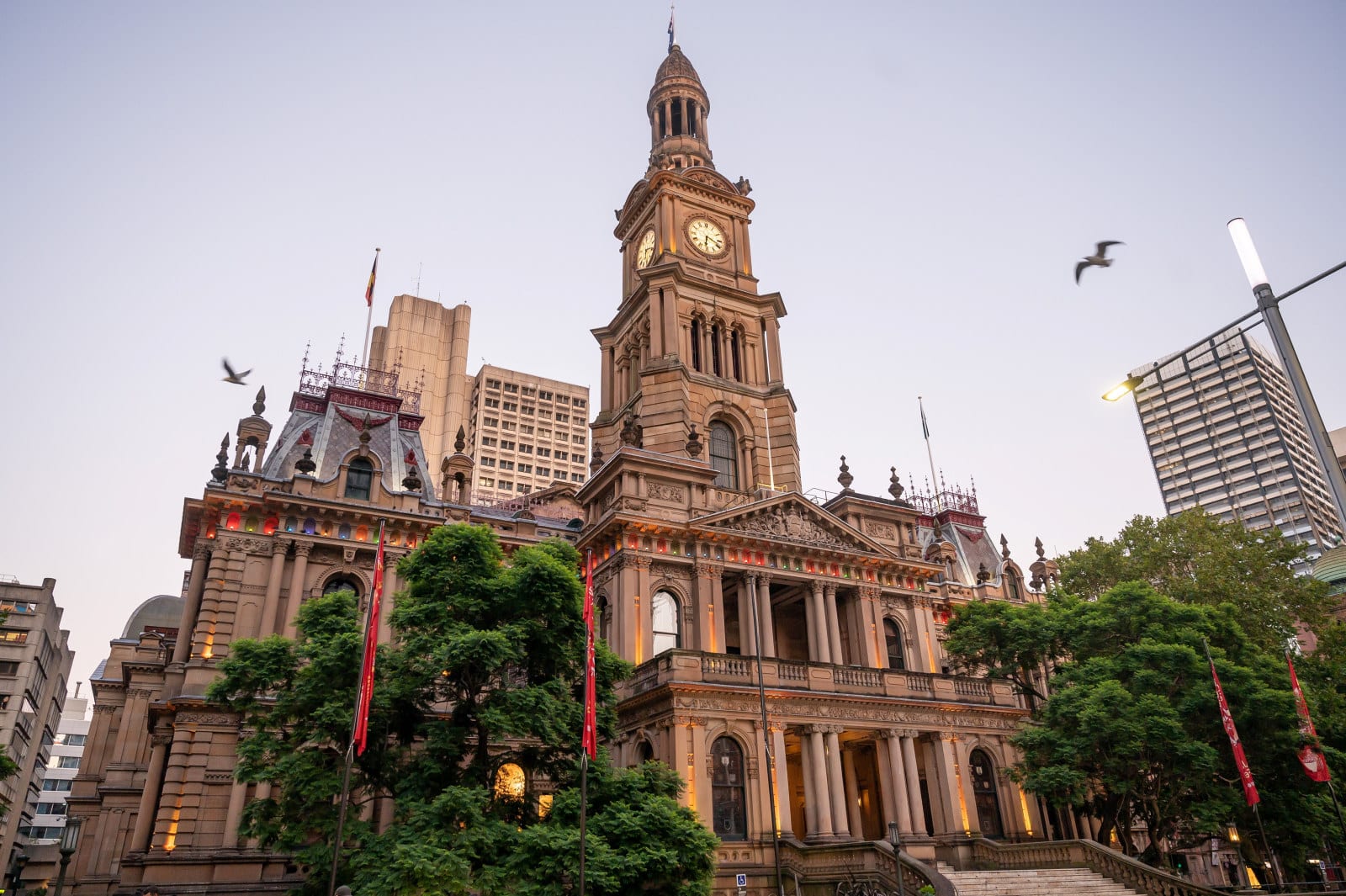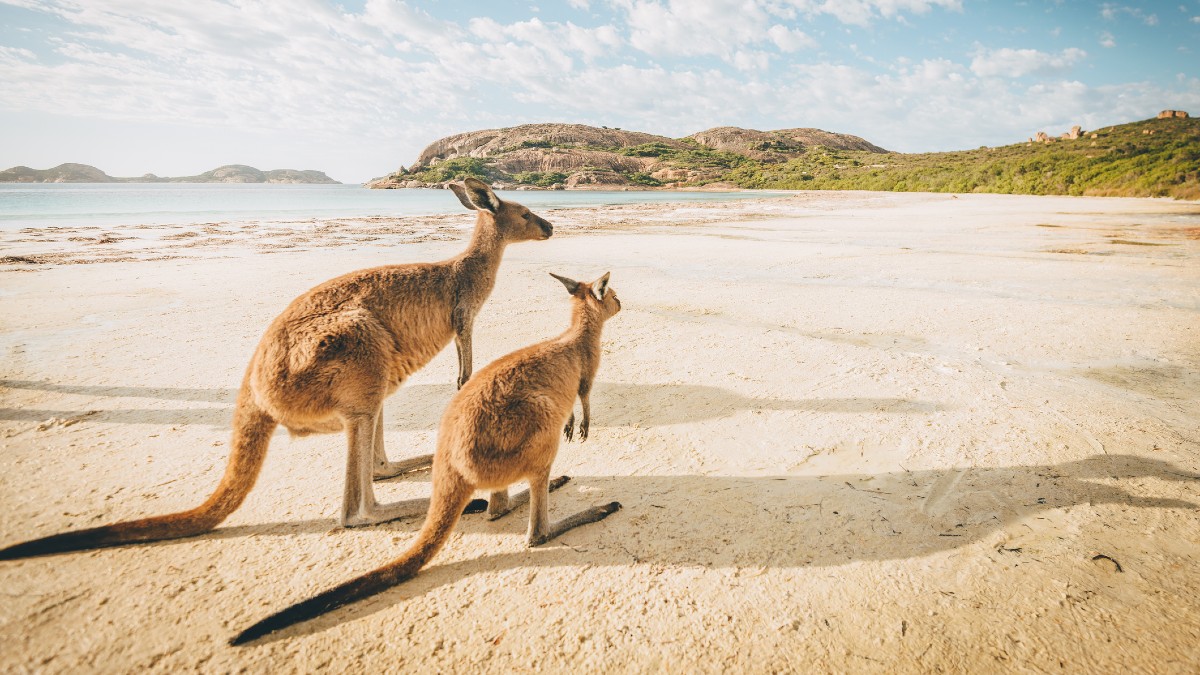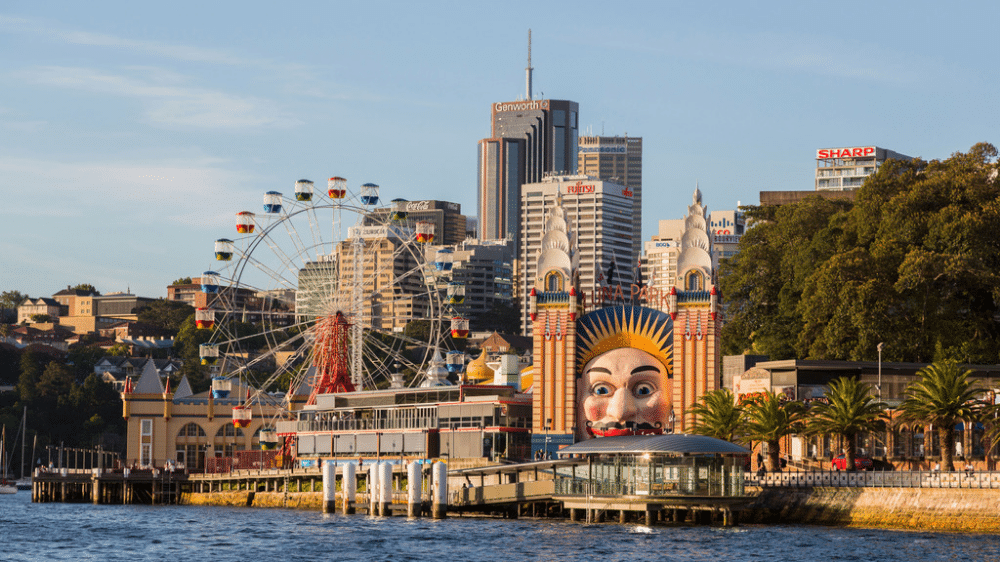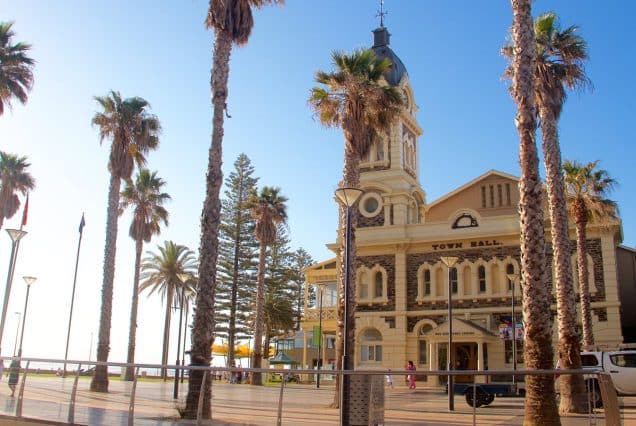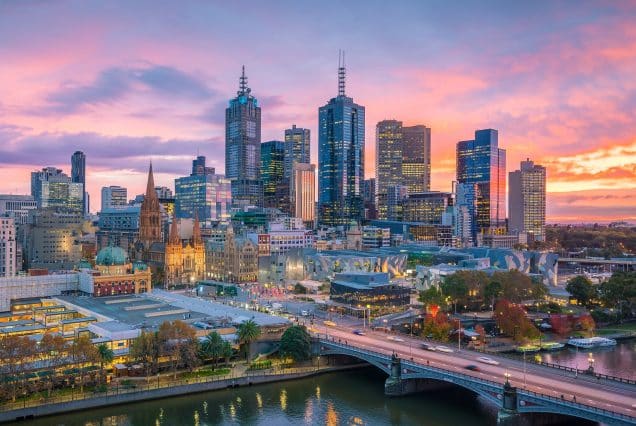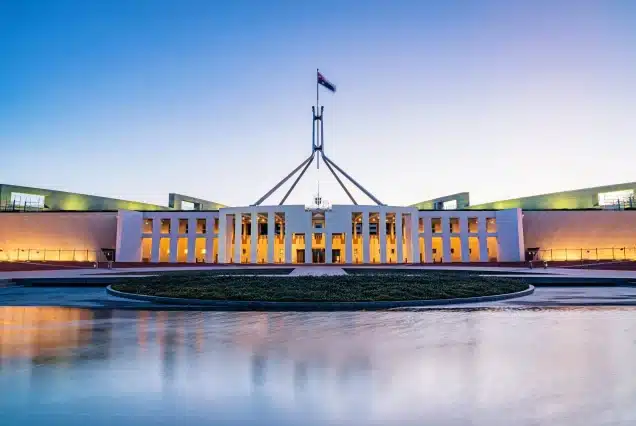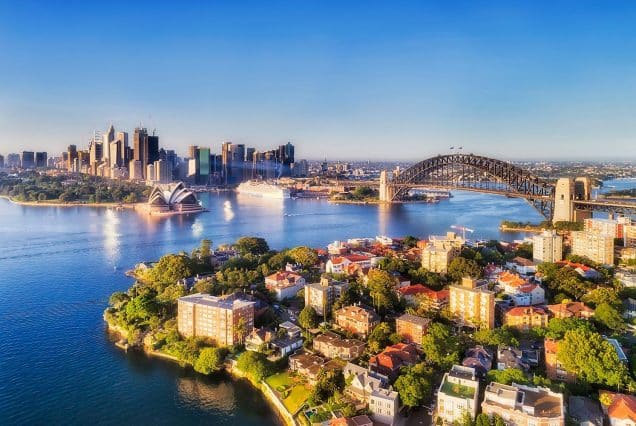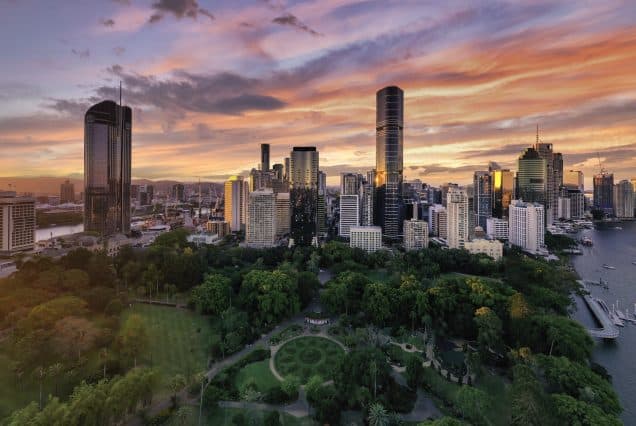

Discover Australia
Sights
Map
Info
Australia, known for its stunning natural beauty and laid-back lifestyle, is a popular destination for travelers seeking adventure, culture, and relaxation. From the world-famous Great Barrier Reef to the vast Outback, Australia’s diverse landscapes offer something for every type of traveler. The country’s vibrant cities, like Sydney and Melbourne, combine modern amenities with rich cultural experiences, making Australia a place where you can enjoy both urban sophistication and natural wonders. Before planning your trip, it’s essential to be aware of the visa requirements, transportation options, and cultural norms to ensure a smooth and enjoyable visit.
Visa and Passport Requirements
Visa Requirement: Most travelers need a visa to enter Australia, which can be obtained online through the Electronic Travel Authority (ETA) or eVisitor systems.
Passport Validity: Your passport should be valid for at least six months beyond your intended stay in Australia.
Customs Regulations: Australia has strict customs regulations, particularly regarding food, plants, and animal products, so it’s important to declare any such items.
Transportation
Public Transport: Major cities like Sydney, Melbourne, and Brisbane have extensive public transport systems, including buses, trains, and trams, which are efficient and reliable.
Domestic Flights: Due to the size of the country, domestic flights are a common way to travel between cities and regions, with multiple airlines offering regular services.
Car Rentals: Renting a car is a popular option for exploring Australia’s more remote areas, such as the Outback or coastal regions.
Accommodation
Hotels: Australia offers a wide range of hotels, from luxury international chains to budget-friendly options, particularly in urban centers and tourist areas.
Hostels and Backpacker Lodges: For budget travelers, hostels provide affordable accommodation with a social atmosphere, especially in popular tourist destinations.
Vacation Rentals: Services like Airbnb are widely available, offering everything from city apartments to beachfront villas.
Dining
Restaurants: Australia has a diverse culinary scene, with influences from Europe, Asia, and the Middle East, alongside traditional Aussie BBQ and seafood.
Tipping: Tipping is not mandatory in Australia, but it is appreciated for good service, usually around 10% of the bill in restaurants.
Local Specialties: Be sure to try Australian favorites like Vegemite, meat pies, and pavlova, as well as fresh seafood in coastal areas.
Cultural Considerations
Respect for Indigenous Culture: Australia’s Aboriginal and Torres Strait Islander cultures are an important part of the national identity, so it’s important to respect cultural sites and traditions.
Laid-Back Attitude: Australians are generally relaxed and informal, so casual attire and a friendly approach are widely accepted.
Environmental Awareness: Australians are conscious of their environment, so it’s important to follow local guidelines on recycling, wildlife protection, and conservation.
Language
English: English is the official language, and while there may be some regional accents, most communication will be straightforward for English speakers.
Signage: Public signs and information are in English, making it easy for visitors to navigate.
Communication: Most Australians are friendly and willing to help if you need directions or assistance, so don’t hesitate to ask.
Technology and Communication
Mobile Connectivity: Australia has excellent mobile network coverage in urban areas, but coverage can be limited in remote regions, so plan accordingly.
Wi-Fi Access: Free Wi-Fi is commonly available in hotels, cafes, and public spaces, though speeds may vary in rural areas.
Power Adapters: Australia uses 230V electrical outlets with Type I plugs, so an adapter may be necessary for travelers from other regions.
Shopping and Payment
Credit Cards: Credit cards are widely accepted across Australia, with contactless payments being very common for even small transactions.
Sales Tax: Goods and Services Tax (GST) is included in the price of most goods and services, so the price you see is what you pay.
Shopping Centers and Markets: Australia has a variety of shopping options, from large malls and high-end boutiques to local markets offering unique Australian products and souvenirs.

